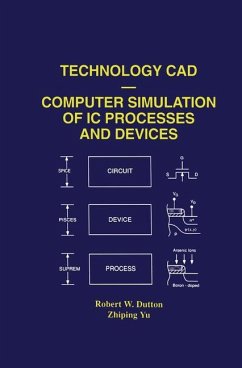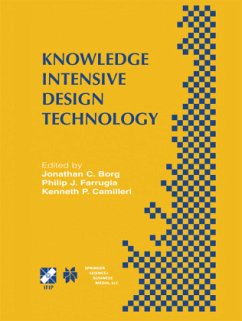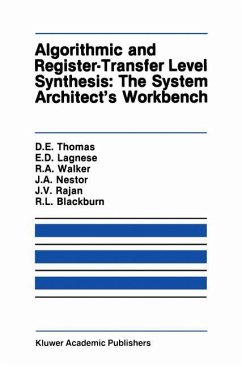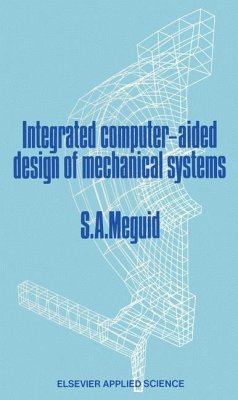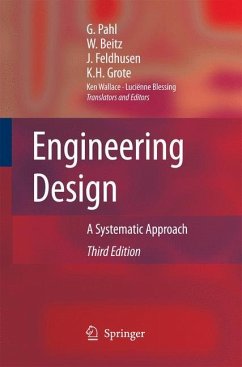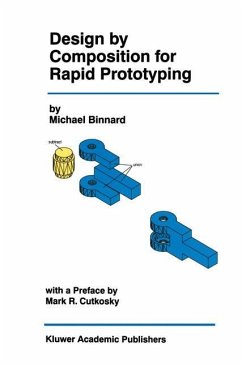
Knowledge Intensive CAD
Volume 2 Proceedings of the IFIP TC5 WG5.2 International Conference on Knowledge Intensive CAD, 16-18 September 1996, Pittsburgh, PA, USA
Versandkostenfrei!
Versandfertig in 6-10 Tagen
76,99 €
inkl. MwSt.
Weitere Ausgaben:

PAYBACK Punkte
38 °P sammeln!
Computer Aided Design (CAD) technology plays a key role in today's advanced manufacturing environment. To reduce the time to market, achieve zero defect quality the first time, and use available production and logistics resources effectively, product and design process knowledge covering the whole product life-cycle must be used throughout product design. Once generated, this intensive design knowledge should be made available to later life-cycle activities. Due to the increasing concern about global environmental issues and rapidly changing economical situation worldwide, design must exhibit ...
Computer Aided Design (CAD) technology plays a key role in today's advanced manufacturing environment. To reduce the time to market, achieve zero defect quality the first time, and use available production and logistics resources effectively, product and design process knowledge covering the whole product life-cycle must be used throughout product design. Once generated, this intensive design knowledge should be made available to later life-cycle activities. Due to the increasing concern about global environmental issues and rapidly changing economical situation worldwide, design must exhibit high performance not only in quality and productivity, but also in life-cycle issues, including extended producer's liability. These goals require designers and engineers to use various kinds of design knowledge intensively during product design and to generate design information for use in later stages of the product life-cycle such as production, distribution, operation, maintenance, reclamation, and recycling. Therefore, future CAD systems must incorporate product and design process knowledge, which are not explicitly dealt with in the current systems, in their design tools and design object models.







